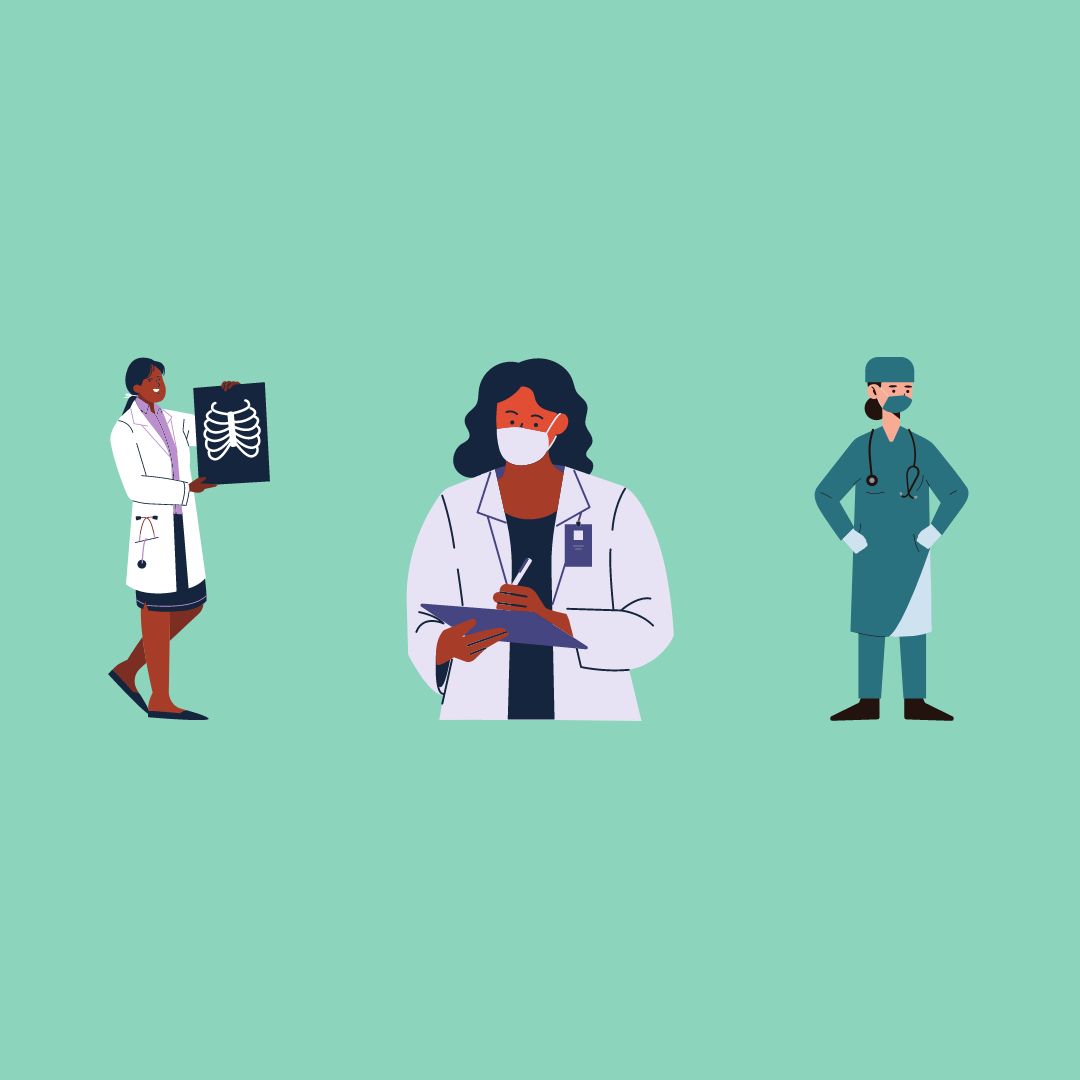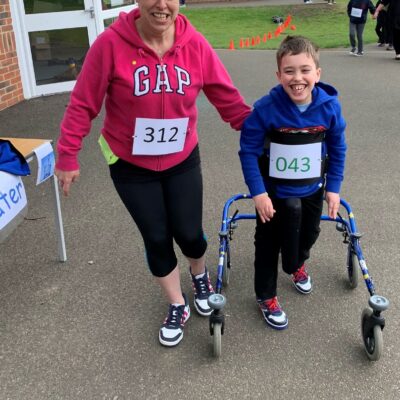
Damages following vaginal tear during labour
Medical treatment During the process of giving birth to her twin daughters, Mrs M sustained a 4th degree tear which caused bowel problems, pain on

Clinical negligence, sometimes more commonly known as medical negligence, refers to harm or injury caused by a medical practitioner. More specifically due to their mistreatment, lack of care or outright neglect. Clinical negligence can cause both physical and mental harm.
A clinical negligence case will come down to these three main elements:
A medical negligence case will rest upon proving that the medical practitioner acted in a way that others would not have in the same situation and that harm was caused as a result of those decisions.
Clinical negligence is simply put as harm caused by a medical practitioner. This can be either physical or mental harm and is unfortunately more common than you might think.
Jonathan Phillips - Partner

There are many different types of clinical negligence someone might experience. These can be drilled down by the specific area of injury, type of injury or when they took place.
If we are looking at categorising the most common types of medical negligence then they would fall under the following categories: Misdiagnosis, Birth and pregnancy injuries, Surgical negligence, Negligent medical advice and Prescription or medication negligence.
Misdiagnosis is extremely common and leads to unnecessary suffering and stress for those affected by it.
Misdiagnosis will fall under one of the following two types:
If a condition is misdiagnosed it can result in being treated incorrectly or not being treated at all. Both of these possibilities carry life threatening risks.
Here are some of the common examples of injuries that occur as a result of negligence during a birth or pregnancy:
All medical professionals are required to give you accurate medical advice. They are also required to advise you of any risks and alternatives to procedures that you might need.
This allows you to make more informed decisions and know of any risks that may present themselves. Negligent medical advice occurs when a professional fails to do this. If something then goes wrong, you will be able to make a claim.
Surgical negligence is another type of medical negligence. Thankfully the majority of surgeries performed in the UK are successful, however, mistakes are made.
Common types of surgical negligence include the following:
The most serious types of surgical negligence are given the term ‘Never Events’. These types of negligence are extremely serious and are considered as something that never should have happened.

There are strict time limits in place when it comes to making a clinical negligence claim. For most cases, the time limit will be 3 years, this will either be 3 years from when the negligence took place. Or 3 years from when you realised that the negligence caused you harm.
However, for certain cases time limits might not apply or take much longer to come into effect. Examples of these types of case are:
Claims however, do not need to be made by the individual themselves. If you are a parent, guardian or carer to an adult without capacity or a child, you can make a claim on their behalf.

Medical negligence claims only seek to bring you or your loved ones compensation for the suffering and negligence experienced. There is no guarantee that the outcome will help change practices, stop it from happening again, or bring charges against the practitioner.
Medical negligence claims can take a long time to complete. Many individuals worry that during this time, the care their receive will suffer. This should never be the case. Records of a claim should be passed onto other practices should you change GP, nor should you ever be refused medical treatment.
Every clinical negligence case is unique and the compensation received will differ for each individual. The compensation received is there to cover any losses generated from the negligence. This covers changes that may need to be made to your home, ongoing treatments, loss of earnings due to inability to work at your usual capacity.
Due to the fact that clinical negligence cases can go on for a long time. Compensation can often come in the form of interim payments. This can help with ongoing medical care and help facilitate changes sooner rather than later.
Call a member of our clinical negligence team about your claim
Contact a member of our clinical negligence team online


Medical treatment During the process of giving birth to her twin daughters, Mrs M sustained a 4th degree tear which caused bowel problems, pain on


What happened? Elan’s mother had a normal pregnancy but problems developed in labour. There was a failure by the medical staff looking after Elan’s mother
CL Medilaw © 2024